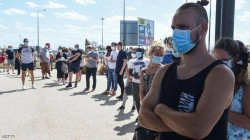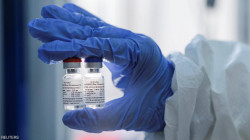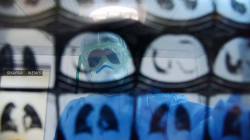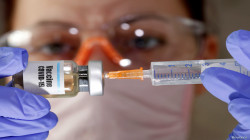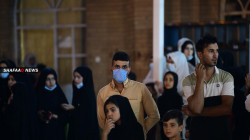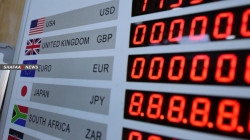Report: coronavirus mutating and potentially evolving amid rapid U.S. spread
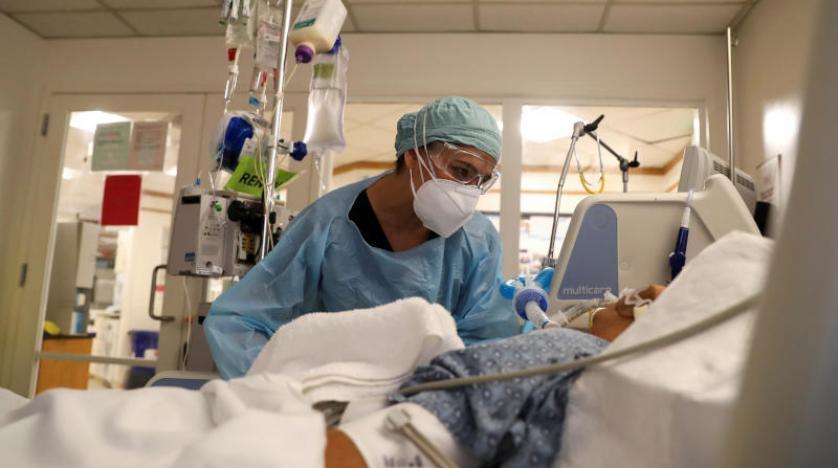
Shafaq news/ Scientists in Houston released a study that D614G had leaped to 99.9 percent prevalence— completing its domination of the outbreak.
They study more than 5,000 genetic sequences of the coronavirus that reveals the virus’s continual accumulation of mutations, one of which may have made it more contagious.
By the second wave of the outbreak in Houston, the study found that this variant had leaped to 99.9 percent prevalence — completing its domination of the outbreak. The researchers found that people infected with the strain had higher loads of virus in their upper respiratory tracts, a potential factor in making the strain spread more effectively.
Reuters quoted the researchers as saying, that these mutations have made the virus deadlier or changed clinical outcomes. All viruses accumulate genetic mutations, and most are insignificant, scientists say.
The study found 285 separate mutation sites that change a physical building block of the spike protein, which is the most important part of the coronavirus in the sense that it is what allows it to infect and harm humans.
“We have given this virus a lot of chances,” Musser told The Washington Post. “There is a huge population size out there right now.”
Scientists from Weill Cornell Medicine, the University of Chicago, Argonne National Laboratory and the University of Texas at Austin also contributed to the study.
David Morens, a virologist at the National Institute of Allergy and Infectious Diseases, reviewed the new study and said the findings point to the strong possibility that the virus, as it has moved through the population, has become more transmissible, and that this “may have implications for our ability to control it.”
Morens noted that this is a single study, and “you don’t want to over-interpret what this means.” But the virus, he said, could potentially be responding — through random mutations — to such interventions as mask-wearing and social distancing, Morens said Wednesday.
“Wearing masks, washing our hands, all those things are barriers to transmissibility, or contagion, but as the virus becomes more contagious it statistically is better at getting around those barriers,” said Morens, senior adviser to Anthony S. Fauci, the director of NIAID.
This has implications for the formulation of vaccines, Morens said. As people gain immunity, either through infections or a vaccine, the virus could be under selective pressure to evade the human immune response.
“Although we don’t know yet, it is well within the realm of possibility that this coronavirus, when our population-level immunity gets high enough, this coronavirus will find a way to get around our immunity,” Morens said. “If that happened, we’d be in the same situation as with flu. We’ll have to chase the virus and, as it mutates, we’ll have to tinker with our vaccine.”
Another scientist who has studied the coronavirus, Jeremy Luban, a virologist at the University Of Massachusetts Medical School, said in an email Wednesday that “the Houston paper highlights the fact that, with respect to SARS-CoV-2, we need to remain vigilant, and increase our capacity to monitor the virus for mutations.”
It’s noteworthy that Scientists had discovered the "D614G" mutation in some regions around the world last February, and it had spread widely in Europe and the Americas, according to the World Health Organization.
